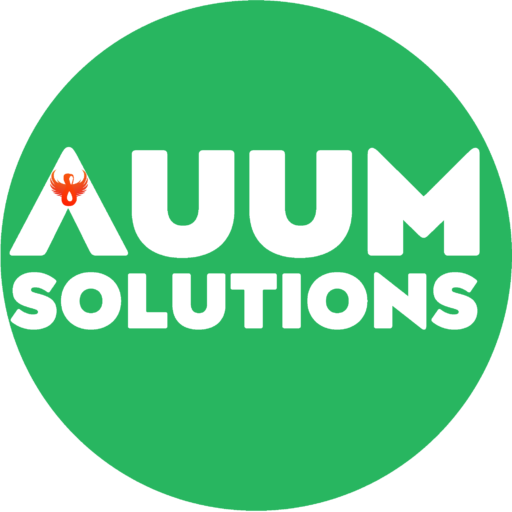Introduction
In the ever-changing landscape of the Information Technology (IT) industry, North America stands as a driving force behind innovation and progress. As technological advancements continue to shape our world, the IT industry in this region is witnessing dynamic shifts that are influencing businesses, individuals, and society at large. In this blog, we’ll explore some of the prominent IT industry trends that are shaping North America’s technological landscape.
- Artificial Intelligence and Machine Learning
Artificial Intelligence (AI) and Machine Learning (ML) have transcended their theoretical boundaries and are now integral components of various industries. North American businesses are leveraging AI and ML to enhance customer experiences, optimize processes, and make data-driven decisions. From predictive analytics in healthcare to chatbots in customer service, these technologies are redefining the way industries operate.
- Cybersecurity Challenges and Solutions
With the increasing reliance on digital infrastructure, cybersecurity has become a critical concern. North America is witnessing a surge in cyberattacks targeting industries ranging from finance to healthcare. As a result, there’s a growing emphasis on adopting advanced cybersecurity measures, including AI-powered threat detection, biometric authentication, and zero-trust architectures.
- Cloud Computing and Hybrid Solutions
Cloud computing continues to be a transformative force in the IT landscape. North American businesses are embracing cloud platforms for their scalability, flexibility, and cost-effectiveness. Hybrid cloud solutions, which combine private and public cloud resources, are gaining traction as they offer a balanced approach to data storage and application deployment.
- Remote Work and Digital Transformation
The COVID-19 pandemic accelerated the adoption of remote work and digital transformation strategies. North American companies swiftly adapted to remote work models, relying on collaborative tools, virtual communication, and cloud-based infrastructures. This trend is expected to persist, with businesses reimagining office dynamics and embracing remote work as a viable long-term option.
- 5G Technology and IoT Ecosystem
The rollout of 5G technology is poised to revolutionize connectivity and enable real-time data transfer. North America’s IT industry is exploring the potential of 5G to support applications such as smart cities, autonomous vehicles, and industrial automation. The synergy between 5G and the Internet of Things (IoT) is expected to unlock new possibilities for innovation.
- Data Privacy and Regulation
Data privacy regulations, such as the General Data Protection Regulation (GDPR) and the California Consumer Privacy Act (CCPA), have prompted North American businesses to prioritize user data protection. Stricter regulations are reshaping data collection practices and empowering individuals with greater control over their personal information.
- Sustainable IT Practices
Environmental sustainability is becoming a crucial consideration in IT decision-making. North American companies are adopting green IT practices, including energy-efficient data centers, responsible e-waste management, and eco-friendly technology designs. This commitment to sustainability aligns with broader global efforts to mitigate the environmental impact of technological advancements.
Conclusion
The IT industry in North America is undergoing a remarkable transformation, fueled by innovations like AI, cloud computing, and 5G technology. As businesses adapt to changing circumstances and consumer expectations, these trends are reshaping how industries operate, collaborate, and innovate. By staying attuned to these trends, North American businesses and professionals can position themselves at the forefront of technological evolution and drive positive change across various sectors.
